If you do wind up with a stain on your countertop, most can be removed at home with quick remedies. Check out the Natural Stone Institute for instructions on how to do so. If you decide you need professional help, it’s not hard to find!
Thumbnails (Top to Bottom):
Thumbnails (Top to Bottom):
Thumbnails (Top to Bottom):
Thumbnails (Top to Bottom):
Thumbnails (Top to Bottom):
Thumbnails (Top to Bottom):
Thumbnails (Top to Bottom):
Thumbnails (Top to Bottom):
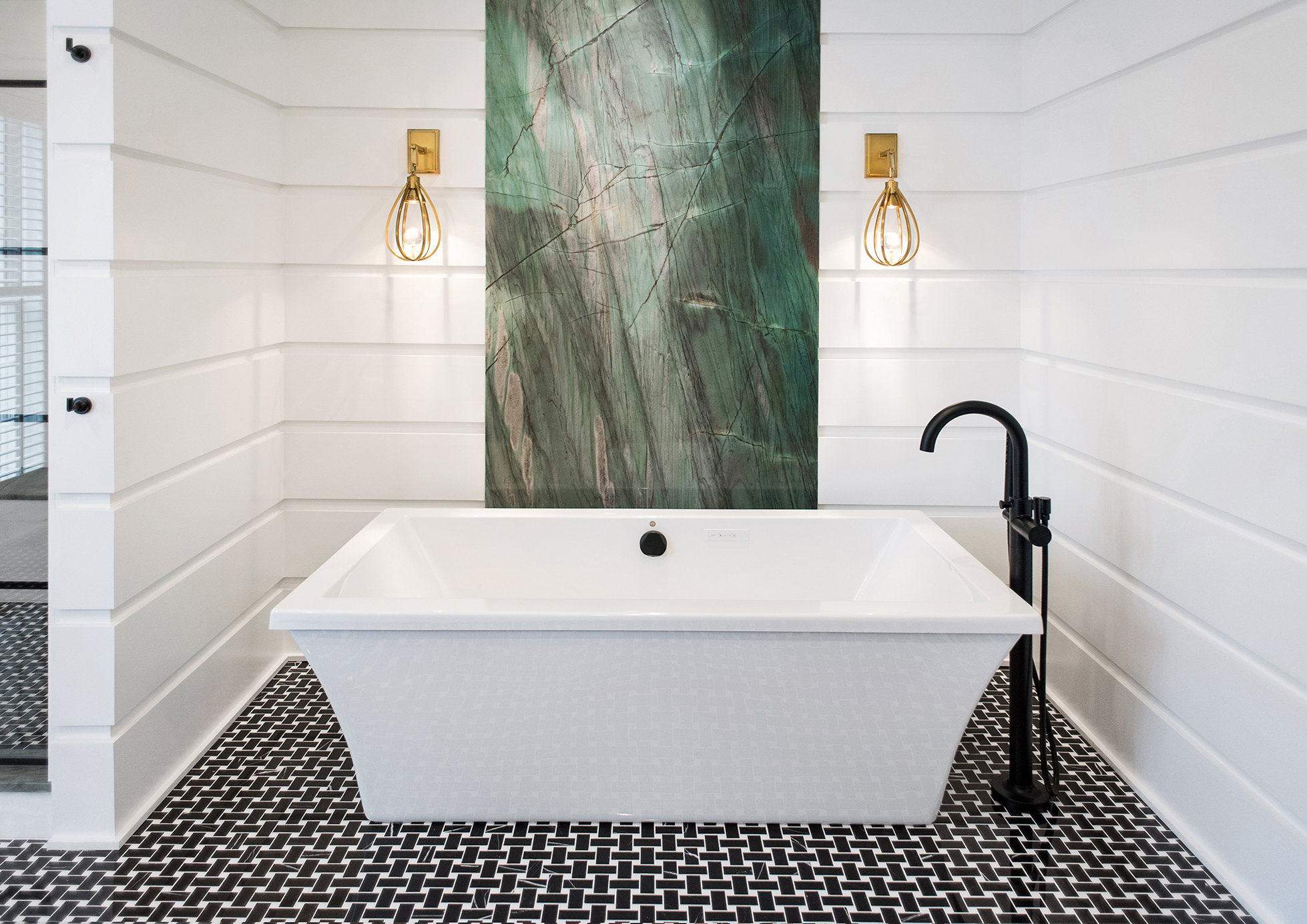
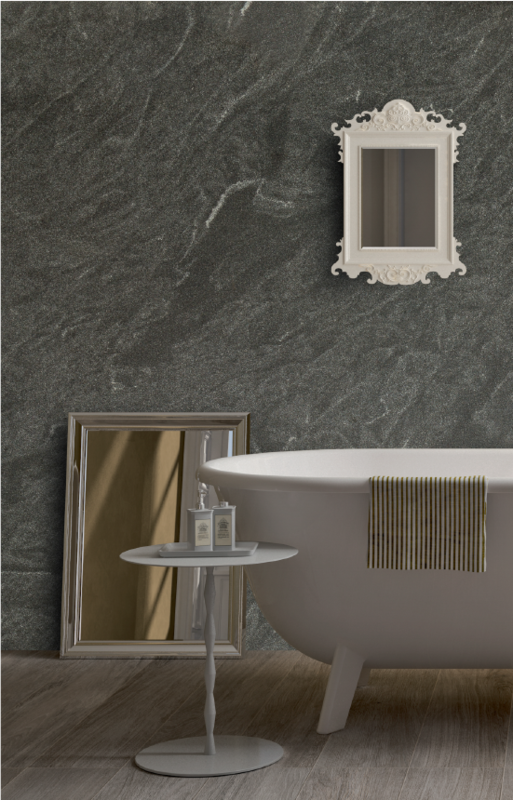
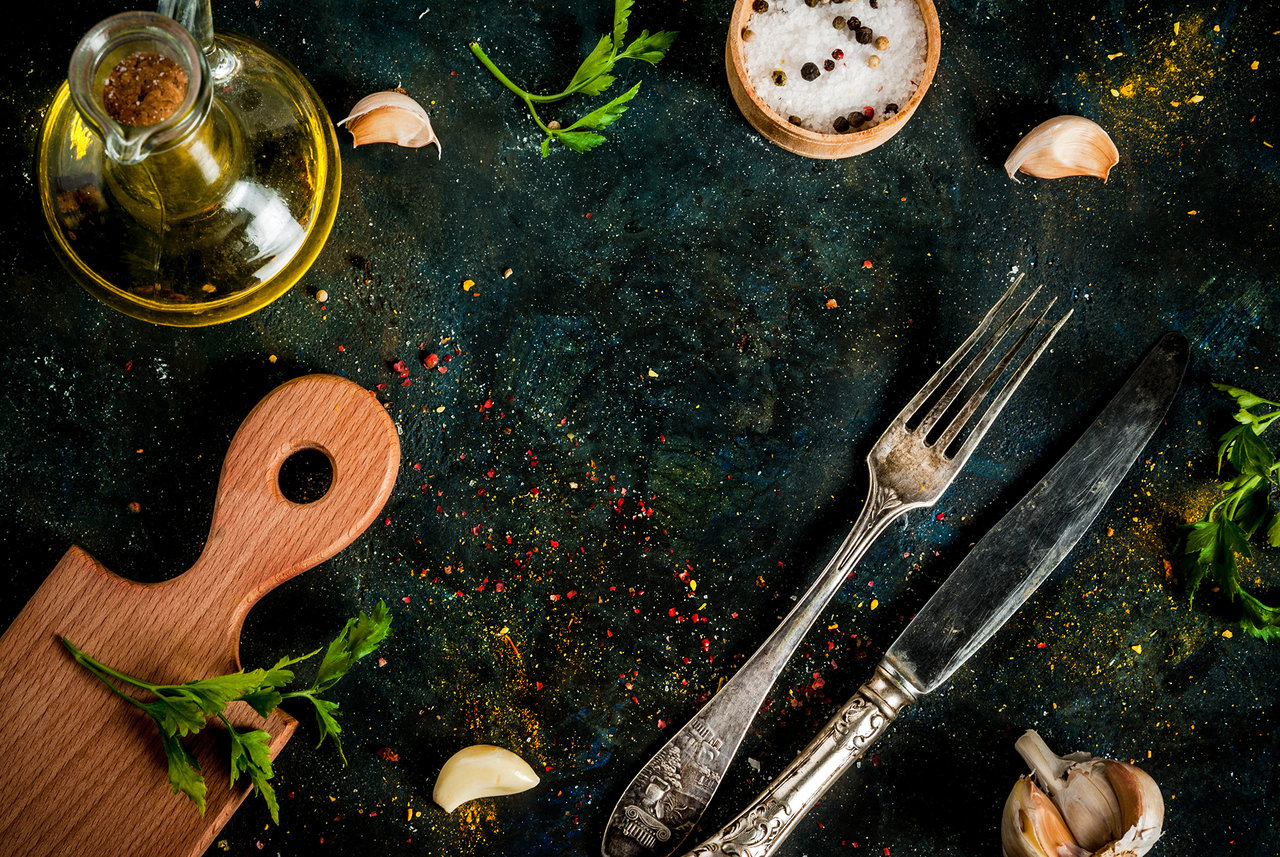
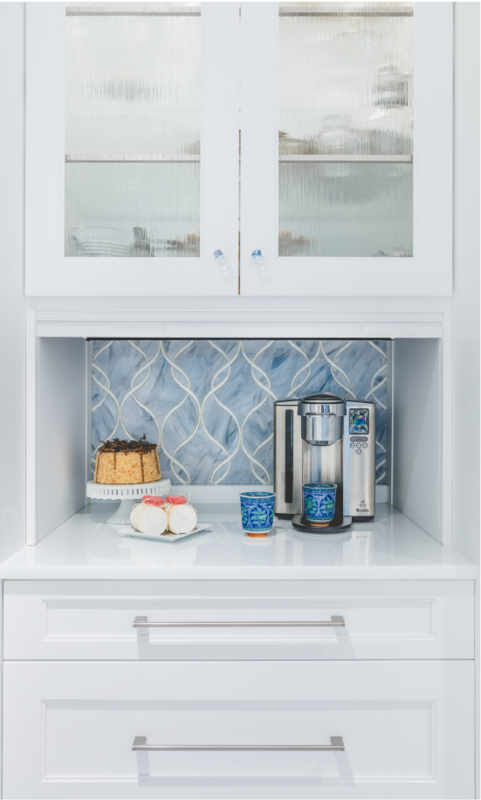
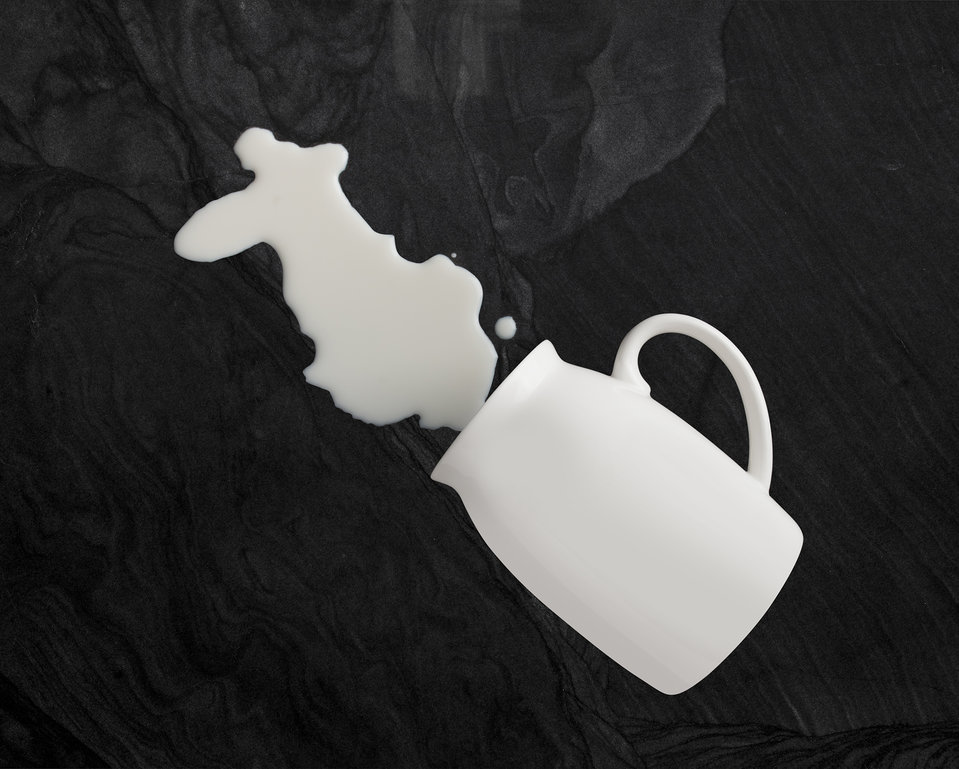
Can
Natural Stone
Really
Be Used for
Kitchen
Counters?
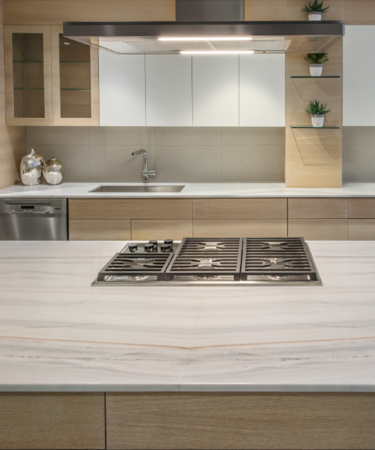
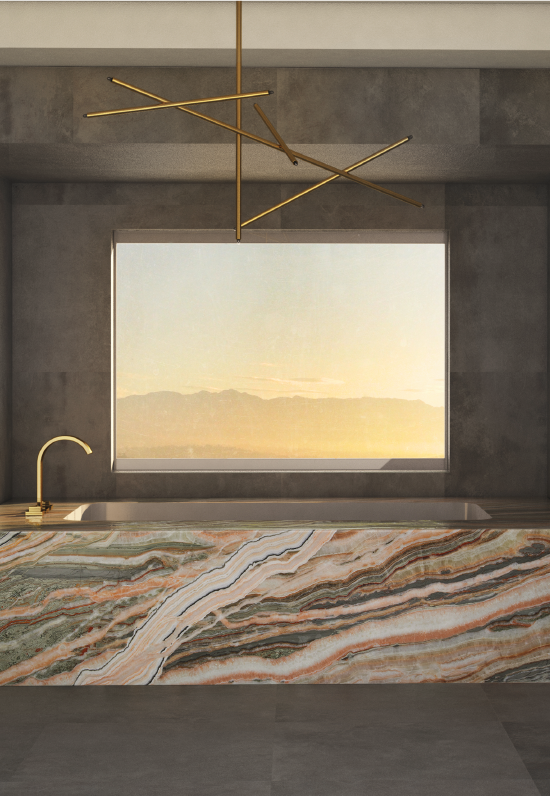
Homeowners, architects, designers and specifiers often approach this topic with a degree of trepidation; they want the look of real stone, but they’re concerned about care and maintenance.
Some will advise against using natural stone for kitchen countertops. In fact, nearly all owners of marble and other types of stone countertops have been told not to install them at some point.
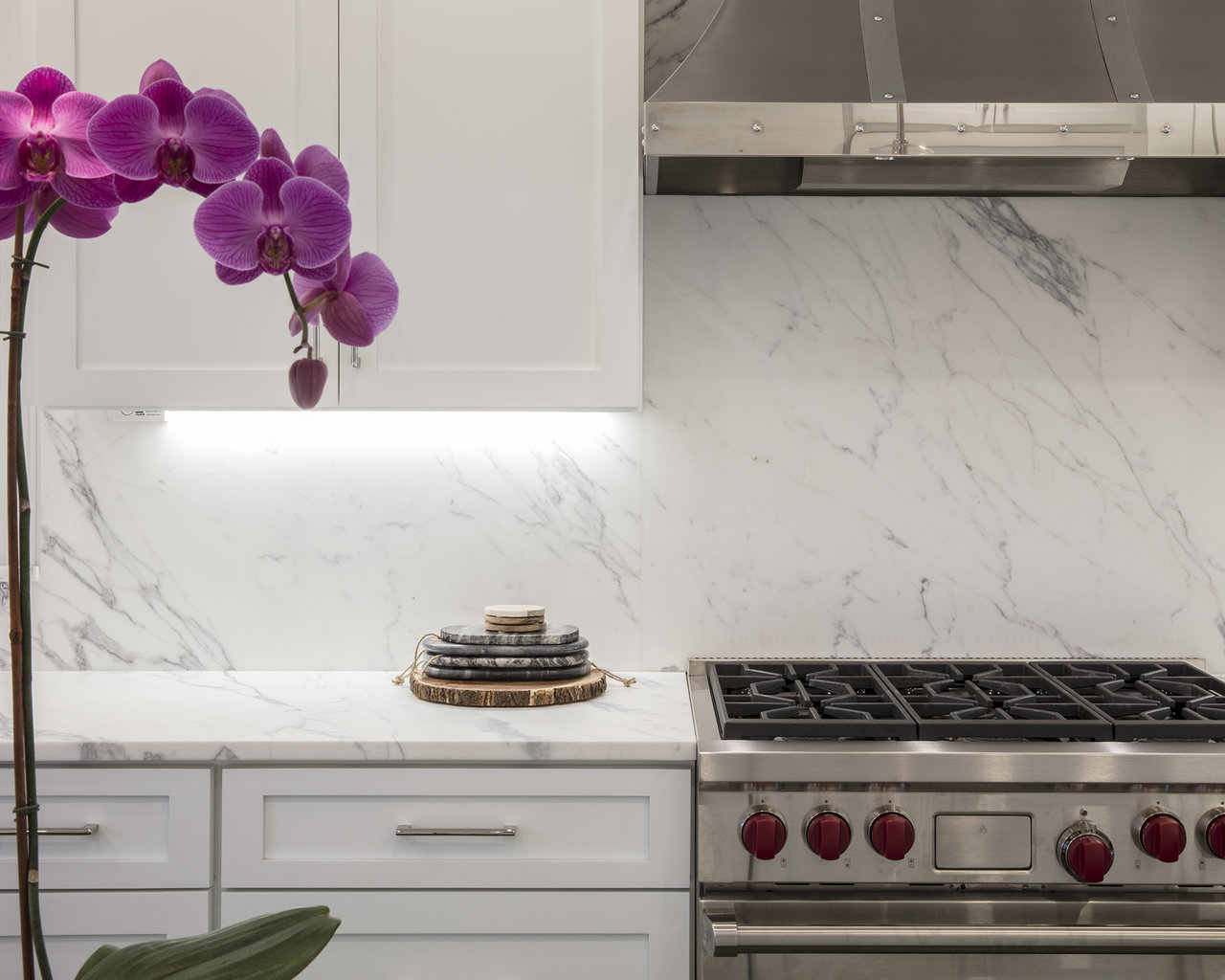
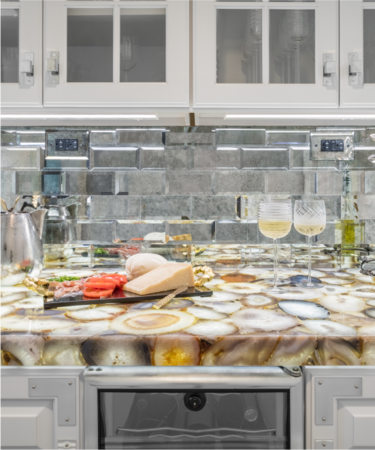
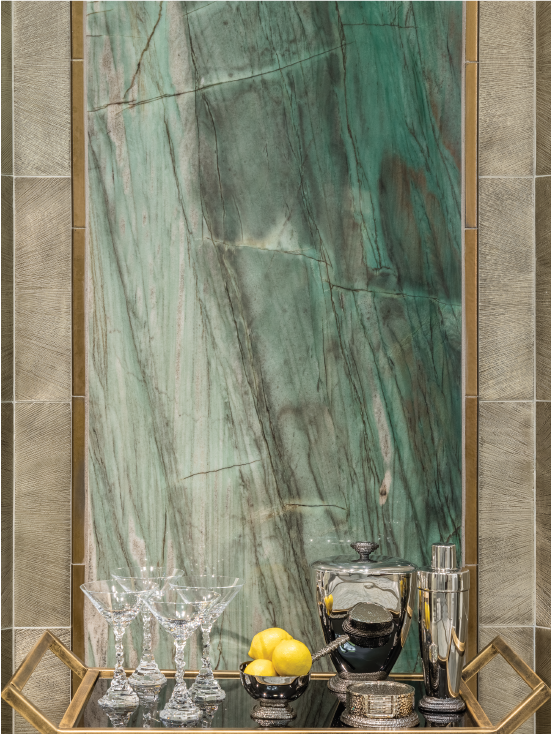
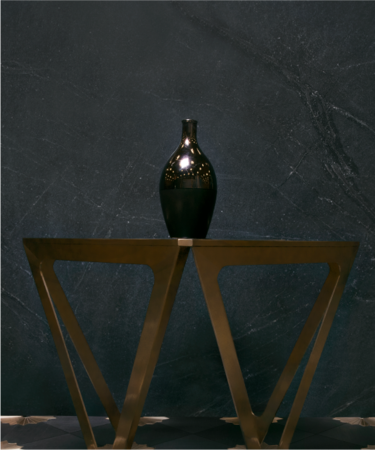
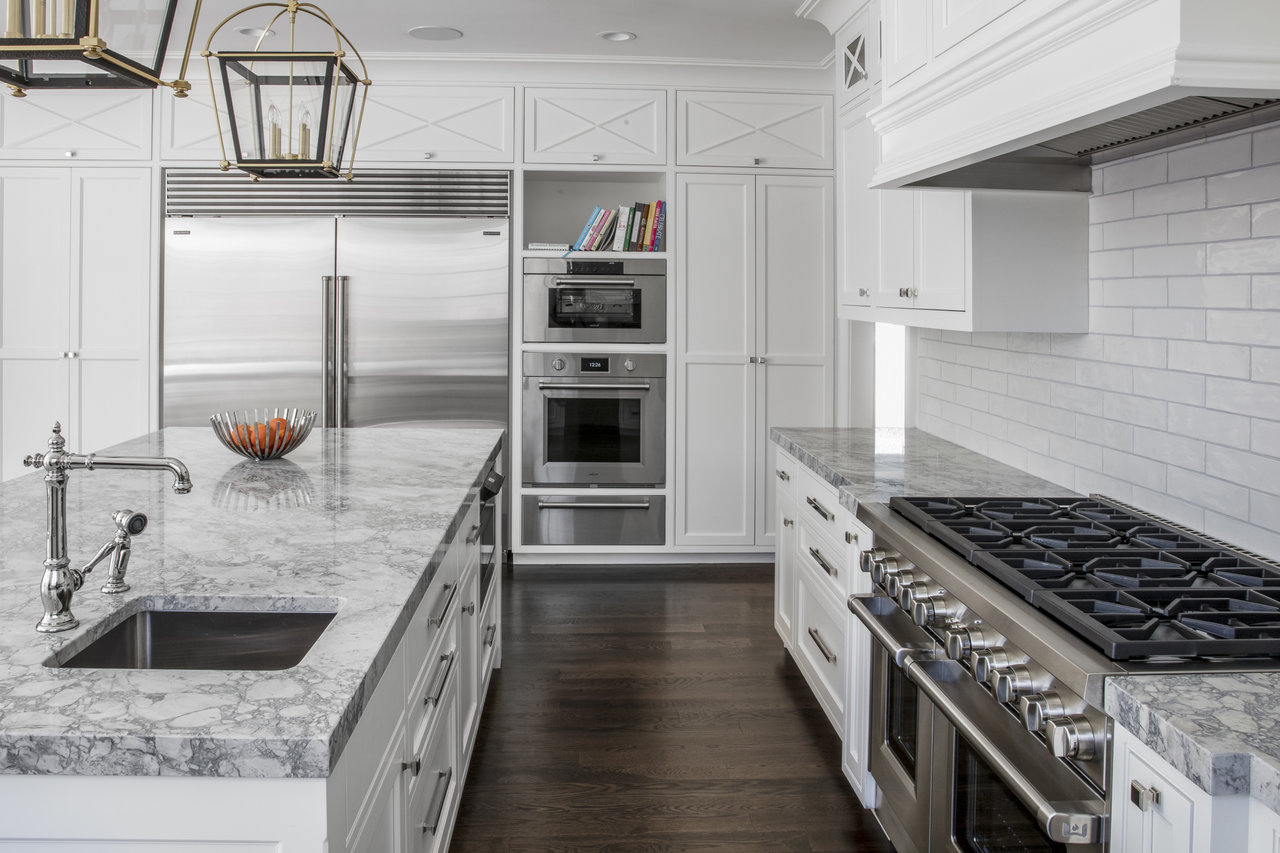
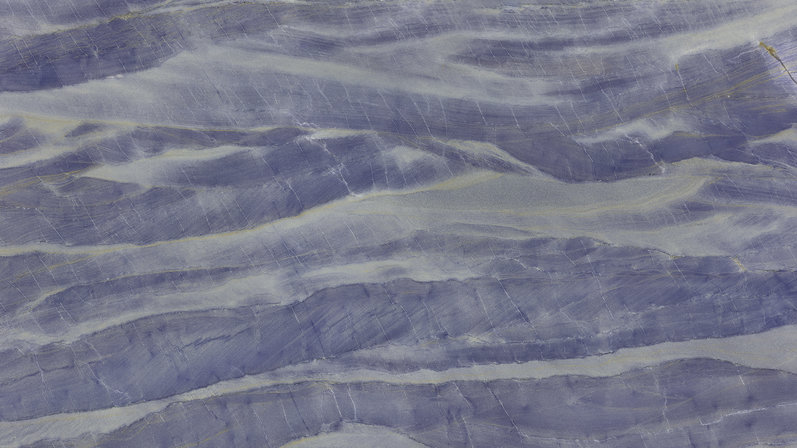
>
520 Secaucus Road, Secaucus NJ 07094
Kitchen Countertops
The right countertop can make a profound difference in the appearance and value of your kitchen, and no material surpasses natural stone for the ultimate aesthetic appeal. For years, manufacturers have been trying to recreate that aesthetic with engineered materials, but no man-made surface contains the natural beauty, feel, depth, and intrinsic appeal of authentic natural stone.
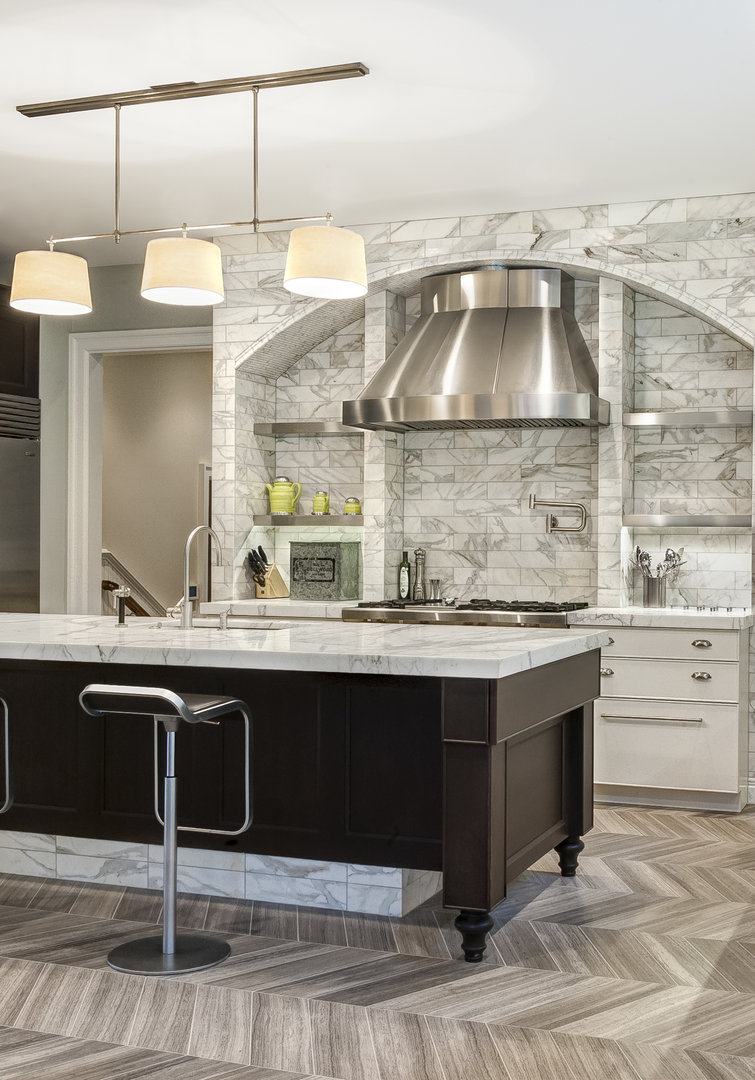
Care for your natural stone the way you would a car that you've purchased. If you want your stone to look the way it did when it first arrived, you'll need to give it a little tune up now and then. If you crash it, you’ll want professional help. Otherwise you should expect it to look great and perform perfectly.
Another concern many have is with etching. Certain natural stones will show matte spots when they encounter common acids, such as those found in fruit, wine, etc. For areas where this might be a concern, there are easy solutions. The Natural Stone Institute recommends that some stones be sealed. “Once properly sealed, the stone will be protected against everyday dirt and spills.”
For most marble and natural stone countertops, we recommend the same.
Maintaining a proper seal on your natural stone countertops is easy and allows you to preserve them in their pristine state.
Silica-based stones, such as gemstones and quartz, are typically acid-resistant and are not likely to be etched by common household products.
Natural quartzite is an acid resistant countertop material with a similar aesthetic to other natural stones (including marble).
For ideas, browse Artistic Tile's Slab Gallery.
If you’d like to use marble and other calcium based stones in areas with higher exposure to such acids, we recommend a honed surface instead of a polished surface, as acid etching generally creates a finish that’s nearly identical to honing, and so will be much harder to spot on honed countertops.
If you must have a polished marble countertop in your kitchen, then do! You’ll want to use trivets, coasters, and other items to protect it with, and if you experience etching, you can spot polish on your own, or bring in an expert to restore the finish. Stone can be restored repeatedly without concern.
ARTISTIC TILE
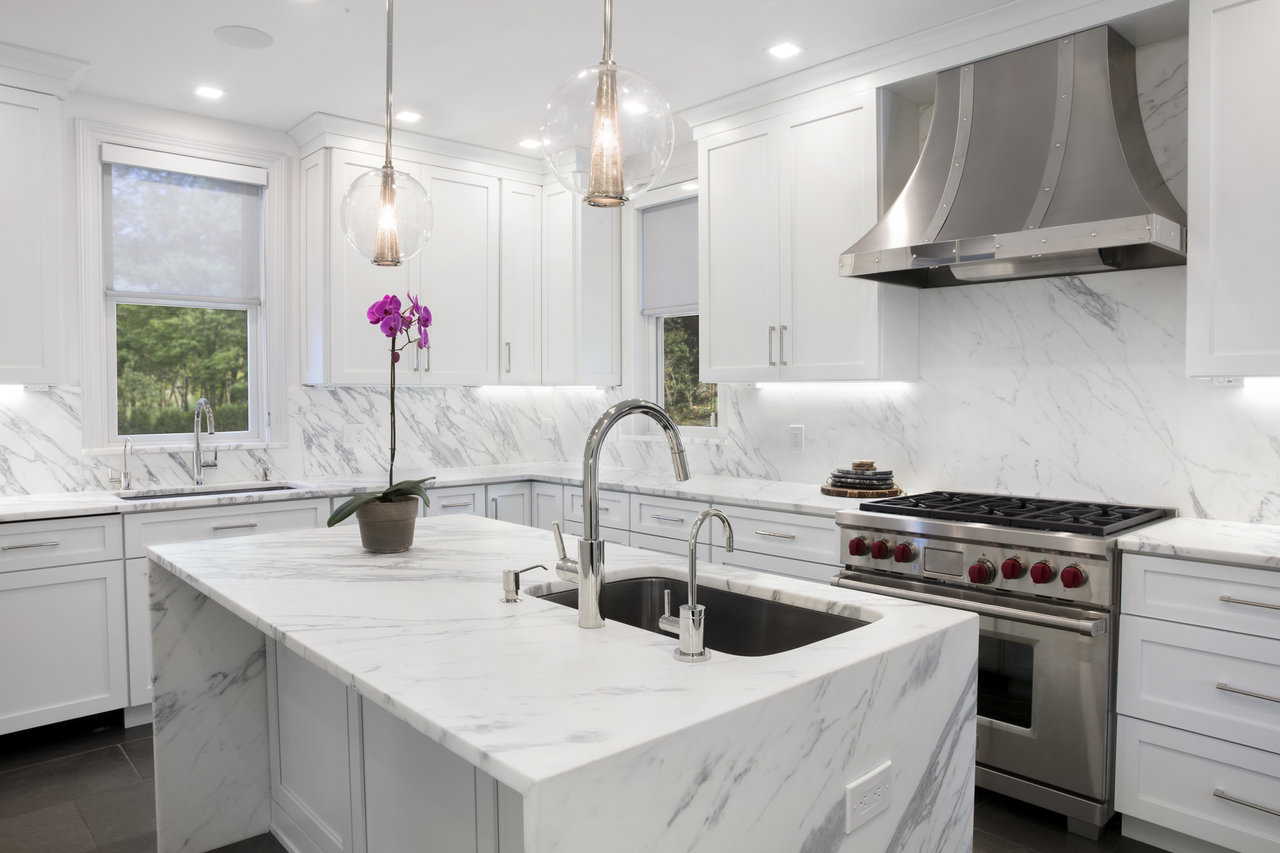
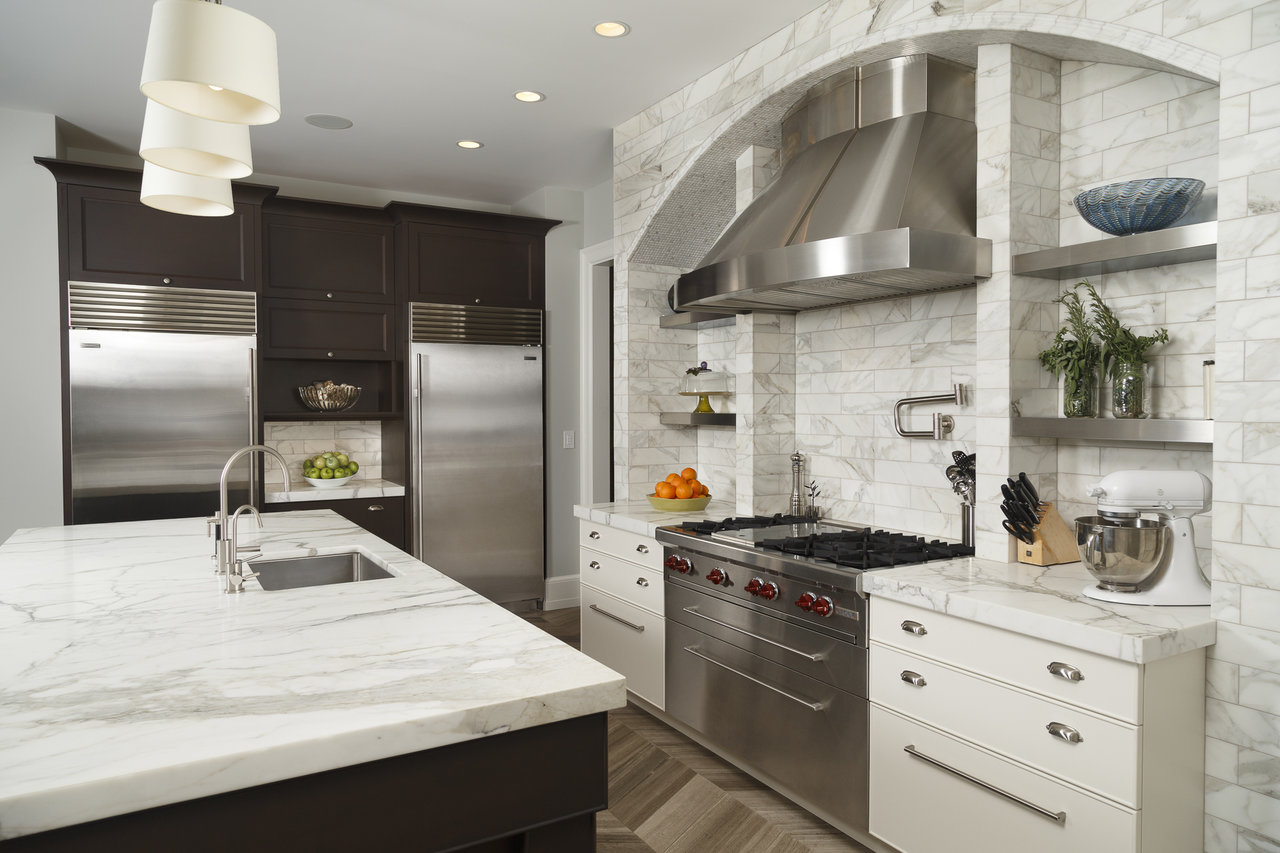
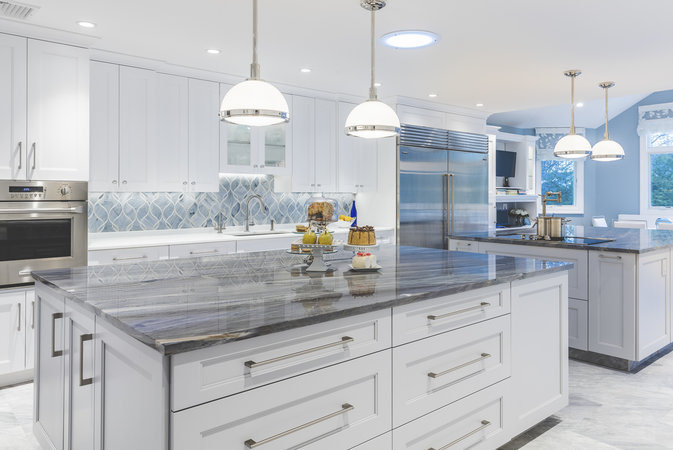
If a material is suitable for floor traffic, it's suitable for residential countertops.
If you ever travel to Venice, observe the floors in the San Marco cathedral - they are trod upon by thousands of visitors every day and are soaked in salt water from the Adriatic on a constant basis, and yet they are stunning, despite being hundreds and hundreds of years old.
As of this writing, they have yet to be sealed.Countertops are not meant to be changed with frequency. You’re likely to live with the countertop you select for many years, using it daily, and experiencing it every time you enter the room. It will be a statement about who you are, what you love, and how you see yourself.
Natural stone countertops are unique – no two are exactly alike. They’re drawn from the earth, made by nature, and are durable and beautiful, with a depth and character that – should you choose to allow it – can change over time, evolving with you – or that may be maintained in or restored to a pristine state with relative ease.
They are sanitary surfaces, easily cleaned, and are a primary focal point of most spaces they are installed into. Man-made imitations will never be as unique, beautiful or storied as a slab of real stone, forged by nature, pulled from the earth, sliced and finished into a singular work of natural art. You’ll likely live with your countertops for a long time. Choose a material that you love.
A quick reference guide to
COMMON COUNTERTOP OPTIONS:
Demystifying
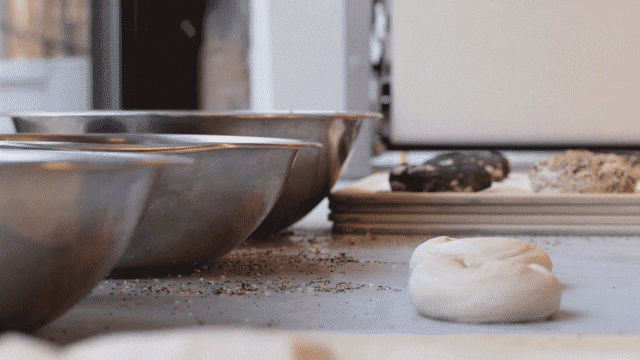
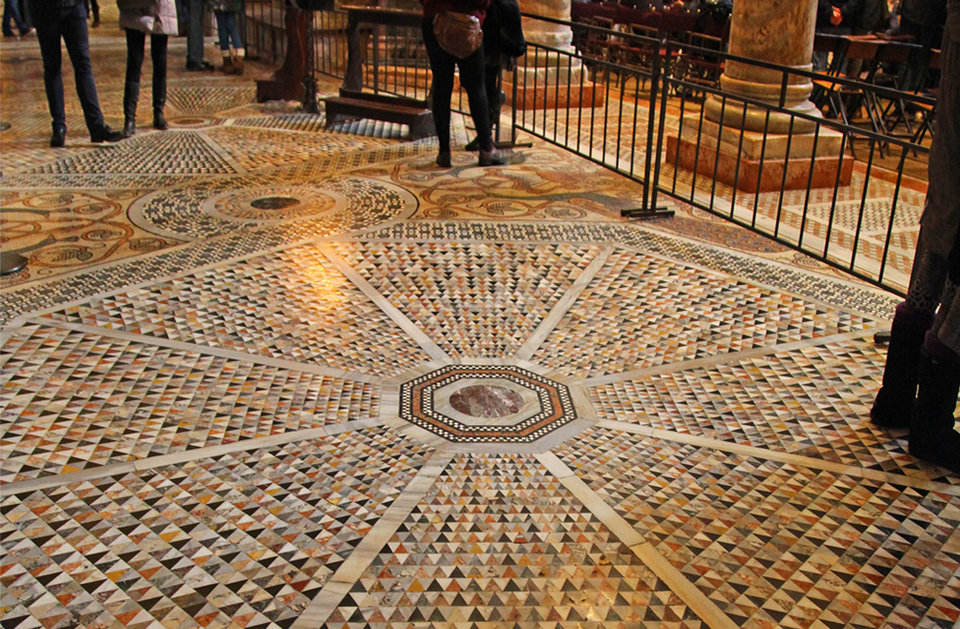
GRANITE:
An etched, lightly stained, scratched marble surface may sound unappealing on paper, but in practice, it has an aesthetic appeal all its own. Like a perfectly broken-in pair of denim jeans or a finely aged leather jacket, there are some looks that can only be achieved through years of use, and which tell a story that’s unique to the owner.
Antique and tumbled finishes have been developed to recreate this look, just as stonewashing was developed to artificially age blue jeans. The look has its own unique appeal.
Igneous/Siliceous rocks are scratch-resistant and chemical-resistant.
But they still require the same care and precautions as other natural stones (sealing/coasters/trivets/hot plates/cutting boards/neutral cleaners).
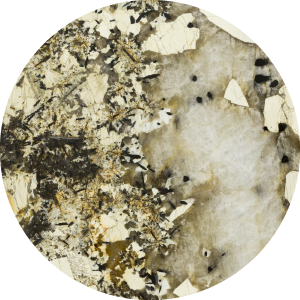
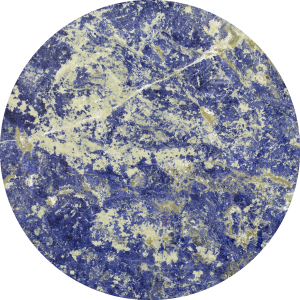
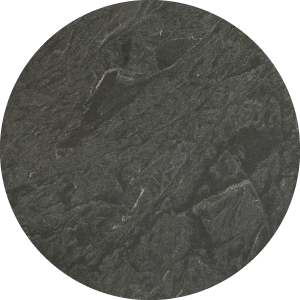
BOOK AN
APPOINTMENT


GLASS:
MARBLE:
Clean, sanitary surface (like stone). The same precautions that apply to natural stone also apply to glass surfaces re: coasters/trivets/hot plates/cutting boards are recommended.
DOLOMITES:
SOAPSTONE:
Marble has long been a highly-prized material, whether for carving, flooring, furniture, counters, for its beauty, and durability. A honed finish is recommended for kitchen use as marble is subject to acid-etching, however it is an easy-to-maintain and durable service surface.
Dark Grey/Black marbles may be undesirable for kitchen counter use as etch marks appear whitish/grey against the dark background.
Primarily a talc-based stone. Talc is #1 on the MOHS scale and is relatively soft.
Despite this, soapstone is highly chemical-resistant. Soapstone has long history of being used for countertops and integrated sinks, whether in residential kitchens or chemistry labs, due to its chemical-resistant properties.
Commercial stone sealers are not used on Soapstone, but typically food-grade mineral oil is used to enhance the color.
Video Source: Orwasher's Bakery
LIMESTONE:
ONYX:
A newer entry to the field, porcelain slabs generally assume the aesthetic of natural stone or other materials and come in sizes that make handling somewhat easier.
In some cases they can be scored and snapped like panes of glass. They are resistant to staining and etching and do not require sealing. As in all things, there is a trade off, however.
Many find the aesthetic less appealing, and experienced fabricators are required, as there are unique challenges related to the installation of porcelain slabs.
Factory installation and fabrication training is available, so make sure your fabricator/installer has been factory certified.
San Marco Cathedral Floor
Quartzites have become increasingly popular in recent years, with a wide selection of options available.
They serve as a more durable alternative to marble that can still offer dramatic veining. True quartzites do not etch.
A warning however – MOST of what is marketed as a Quartzite is not true Quartzite.


Calcium-based limestones may have small, tight grains and be very compact/dense. They may also have a large-grain and may not be well cemented together. Hard, dense, limestones are suitable for kitchen counter usage – but other varieties are better suited to bathroom vanity usage.
Dark grey/black limestones may be undesirable for kitchen counter use as etch marks appear whitish/grey against the dark background. Travertine is a form of limestone created near hot springs with holes throughout and mineral deposit inclusions.

AGGLOMERATE
/ENGINEERED:
QUARTZITE:
A calcium-based stone with a very fine grain structure, which results in a semi-translucent stone.
The fine grain structure also makes onyx more susceptible to scratching and acid-etching. Onyx is typically used for bathroom vanity tops, not for kitchen counters.
Offers the ability to utilize natural stone/gemstone materials that are not available in large slab format.
In the case of our Gemstone slabs, the glimmering semi-precious gems are held together with UV-sensitive resins.
For this reason, they're not suitable for exterior or any applications where the counters would be exposed to direct sunlight. Same care/precautions as natural stone.
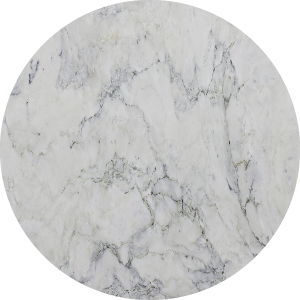
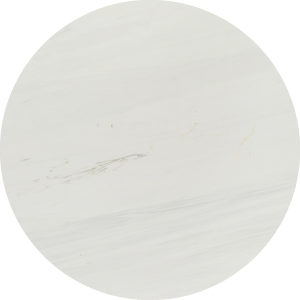
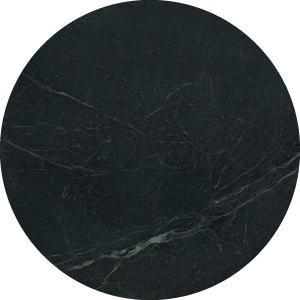
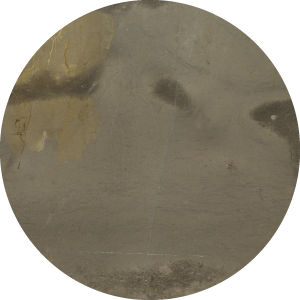

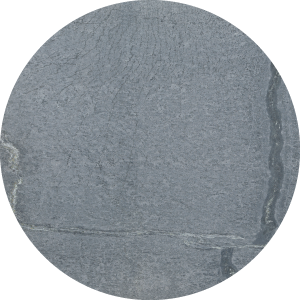
PORCELAIN
SLABS:
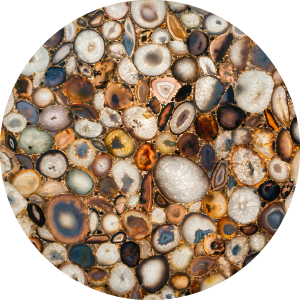

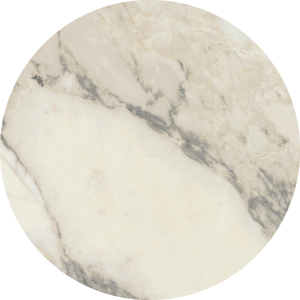
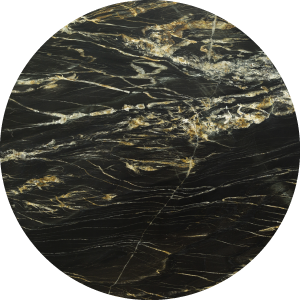
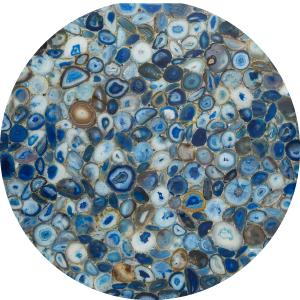
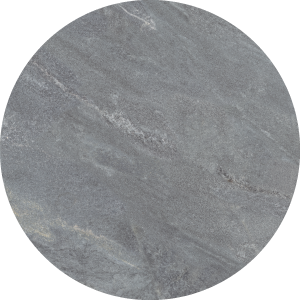
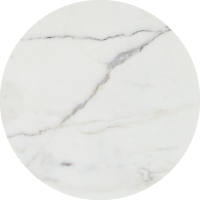
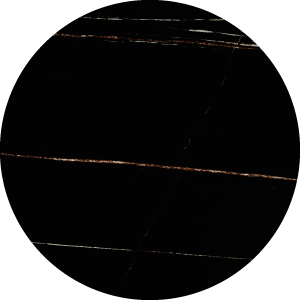
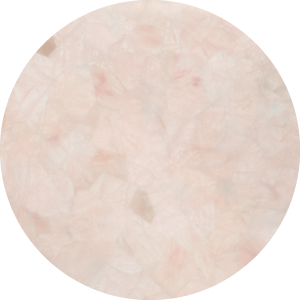
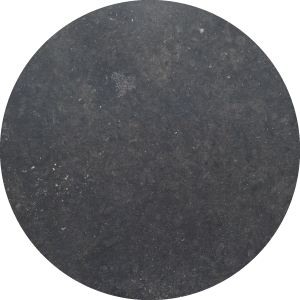
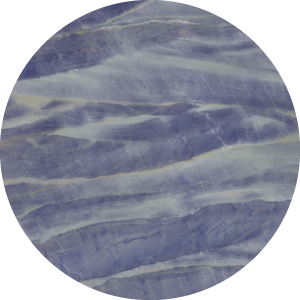
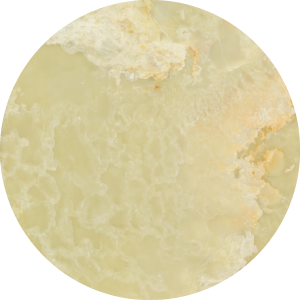

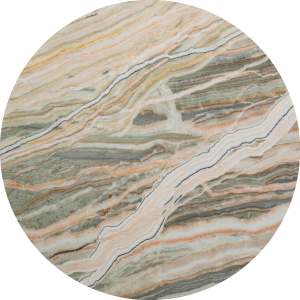

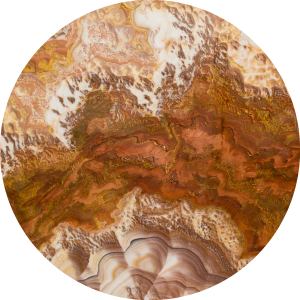
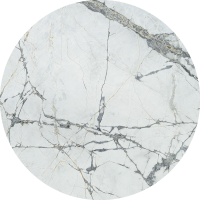
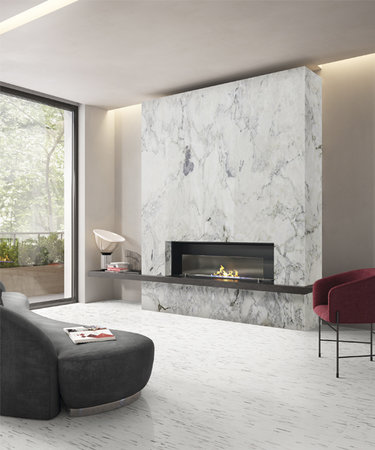

Some stones are classified as ‘marble’ within the industry, but are actually dolomites (Thassos as an example). In many ways, dolomite performs like marble, although it is slightly more acid-resistant.
The delicate-looking pure white Thassos is tougher than you might imagine, although a honed finish for kitchen counters would still be recommended.
Natural stone is extremely durable – it will last several thousand years. It was here before us, and it will certainly outlast us. The vast majority of concerns are overblown – natural stone does require some upkeep if you want to keep it looking like it did on Day 1, but that sort of maintenance needn’t be stressful or difficult.
Living Surfaces

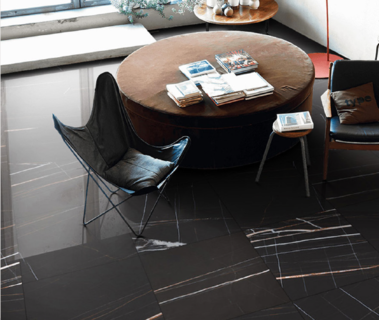
Space Designed by: CMichal Abehasera
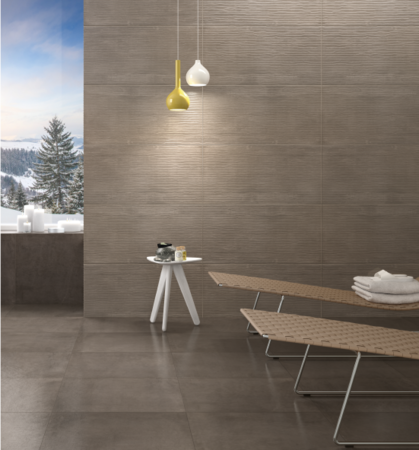
Thumbnails (Top to Bottom):